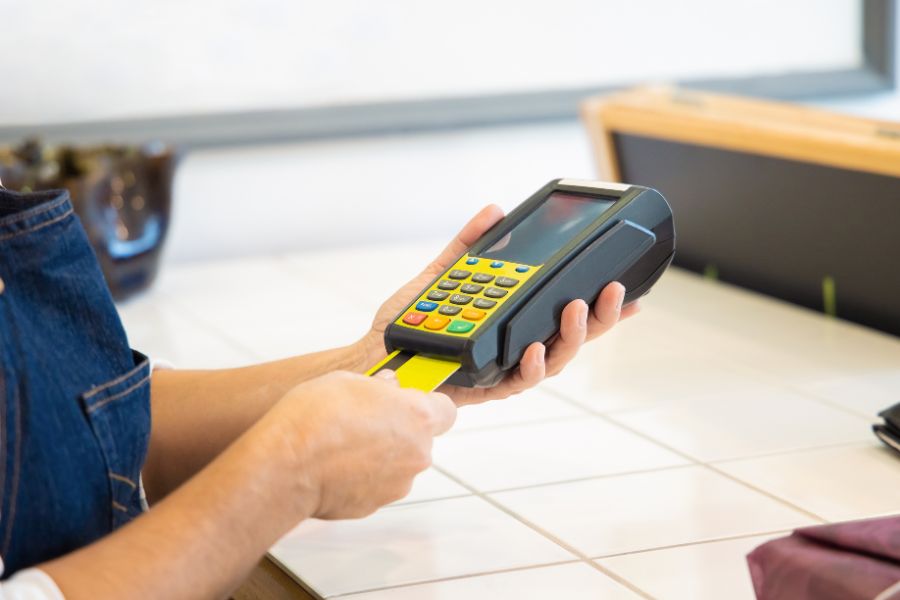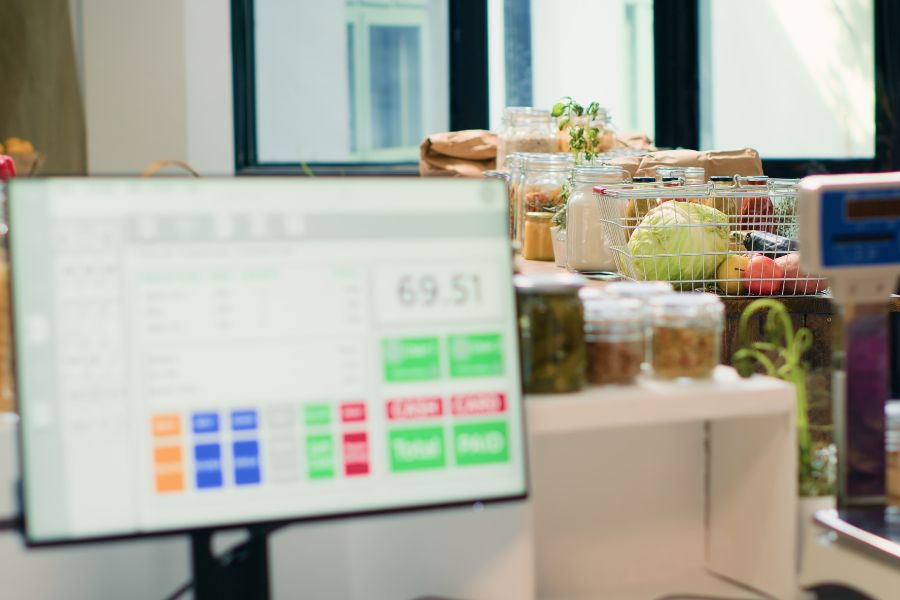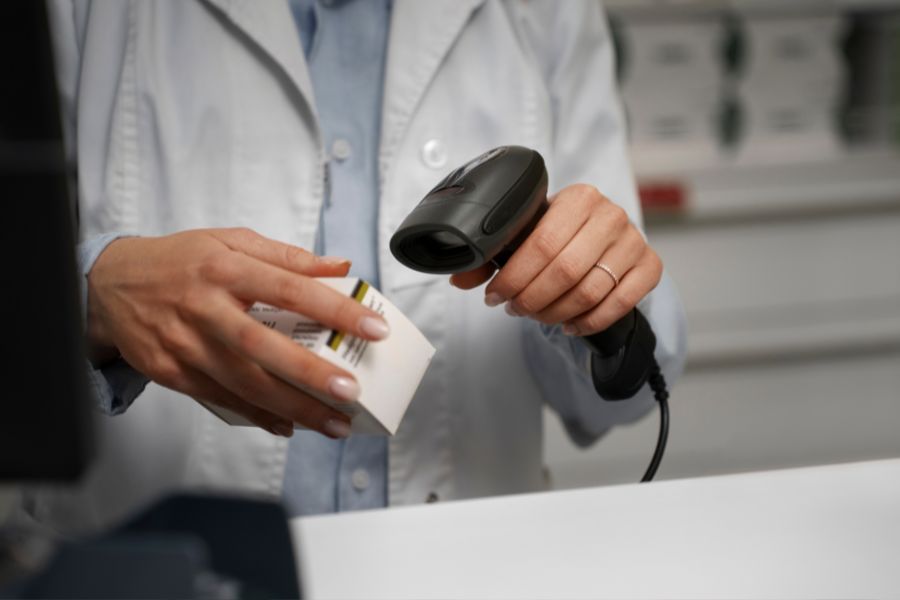In the world of Point of Sale (POS) systems, there are various types of integrations that retailers need to be aware of. These integrations can enhance the functionality and efficiency of their POS systems, ultimately improving their business operations. In this guide, we will explore the critical types of integration that retailers should know about to make informed decisions for their POS setup.
Benefits of POS Integrations for Retailers
Integrating your point-of-sale (POS) system with other business tools offers numerous benefits that can enhance the effectiveness of your POS and drive business growth. Here are some key advantages:
- Gain Comprehensive Insights: By integrating your POS system with other business software such as reporting or analytics tools, you can obtain a comprehensive and data-driven view of your business. This integration enables you to connect different data points, analyze trends, and derive valuable insights. You’ll have a clearer understanding of how various aspects of your business, including customers, inventory, employees, and cash flow, interrelate, helping you make informed decisions.
- Access the Best Tools: While a POS system provides core functionality, it may not include native tools for functions like online ordering, accounting, or customer relationship management (CRM). These types of integration allow you to find and use the best tools for these critical functions, enhancing your business operations and efficiency. You can choose specialized software solutions and seamlessly integrate them with your POS system to meet your specific needs.
- Save Time: Integrating systems saves time by streamlining workflows and automating tasks, benefiting small and midsize business owners. According to a Statista survey, 72% of job seekers in the U.S. prioritize work-life balance when considering employment. Integrations ease workload, freeing up time for strategic initiatives and business growth.
- Foster Business Growth: When your backend business functions are integrated and you can access accurate and comprehensive data, you can make better-informed decisions. These types of integration enable you to identify growth opportunities more easily and execute them effectively. Additionally, integrating your POS system with other tools helps enhance the customer experience, leading to increased sales and customer loyalty. By leveraging integrations, you can drive business growth and stay competitive in the market.
Type of Integration in POS to Consider for Your Small Business
When searching for types of integration for your small business, it’s essential to prioritize the most important business functions. By examining these functions about both general business needs and industry-specific requirements, you can narrow down your options to find the most cost-effective solutions. Here are the key business functions that we suggest you prioritize when considering types of integration:
General Software Integrations
Payment Processing
Integrating payment processing features with your POS system offers several benefits, including easier and more automated reconciliations. It enables you to accept a variety of payment methods, accommodating the growing popularity of contactless payments and other options. When choosing these types of integration, consider including the following payment methods:
- Mobile pay
- Contactless NFC (Near-field communication) payments
- Buy now, pay later
- Buy online, pick up in-store (BOPIS), or click and collect
- Recurring/subscription payments
- Gift cards
- Loyalty and referral program rewards
- Saved payments
- Cryptocurrency
Inventory Management
Integrating inventory management tools with your POS system provides a comprehensive view of your stock across all channels. While many POS solutions come with built-in inventory management features, additional integration may be necessary for advanced functionalities.
This is particularly crucial for businesses operating across multiple channels (e.g., Amazon, Walmart, and your website). Key features to look for in an inventory management POS integration include managing online orders, creating shipping labels, tracking orders for curbside and in-store pickup, setting customized stock alerts, and even utilizing AI for demand forecasting.
Shipping & Order Fulfillment
As your retail store expands into e-commerce, a shipping and order fulfillment integration becomes essential for managing online orders. This integration ensures all your orders, whether in-store or online, are synced in a centralized database, minimizing stocking mix-ups.
Features to consider include order tracking, supplier management, shipment tracking and updates, label creation, and more. This is one of the popular types of integration which is particularly relevant in today’s business landscape, where brick-and-mortar stores have adapted to offer online shops and curbside pickup, and even home delivery for bulky items.
Loyalty Programs
Implementing a loyalty program integration with your POS system allows you to collect valuable customer data while boosting customer retention through personalized promotions. Loyalty programs reward customers for repeat purchases and referrals, encouraging them to continue shopping with you. Look for a loyalty program POS integration that enables you to enroll shoppers, track their spending, and reward your top customers.
By integrating your loyalty program with your POS, you gain insights into customer behavior, such as their preferred locations, purchase history, payment methods used, and even returns. Armed with this information, your associates can provide knowledgeable and personalized customer service on the sales floor.
Hardware Integrations
Integrated hardware accessories are essential for automating information input in your POS system, improving speed and accuracy. They enhance inventory tracking and transactions. POS systems typically support various hardware brands, and some even offer proprietary devices. These accessories may have varying costs and payment plans. Here are common examples:
Handheld POS Terminals
Handheld POS devices enable users to accept customer orders and payments directly within the business premises. These devices are equipped with the same POS software, ensuring that transaction data is seamlessly transmitted and synchronized with your records.
Card Readers
Credit card readers have become one of the essential types of integration for businesses seeking to streamline payment processing. These devices eliminate the need to reconcile card transaction records between a separate credit card terminal and your POS system. The integration allows for seamless sharing of information. Some of the best POS systems have their card readers built directly into the hardware.
Barcode Scanners
Barcode scanners serve multiple purposes beyond processing items during checkout. They can be used for efficient inventory tracking, automating the process of updating stock levels. Additionally, certain barcode scanners are programmed to scan IDs, facilitating age and address verification.
Add-on Display
An add-on display can be programmed for customer use or serve as a restaurant kitchen display. It enhances customer engagement at the point of sale by allowing buyers to choose their preferred payment method, select their mode of receipt, and even sign up for loyalty programs. In the case of restaurants, a kitchen display provides an itemized list of orders, enabling staff to update the order status in real-time.
Integrating these hardware accessories with your POS system can significantly enhance your business operations, resulting in improved efficiency and customer satisfaction. Be sure to consider the compatibility and functionality of these accessories when selecting a POS solution for your small business.
Conclusion
Being familiar with the various types of integration for POS systems is essential for retailers. By incorporating these integrations into their setup, retailers can enhance their POS functionality, streamline operations, and deliver better customer experiences. From payment processing to inventory management and loyalty programs, integrating the right solutions can have a significant impact on a retailer’s success. Stay informed and choose the integrations that align with your business needs to maximize the benefits of your POS system. If you want to know more about this information, feel free to contact us.



